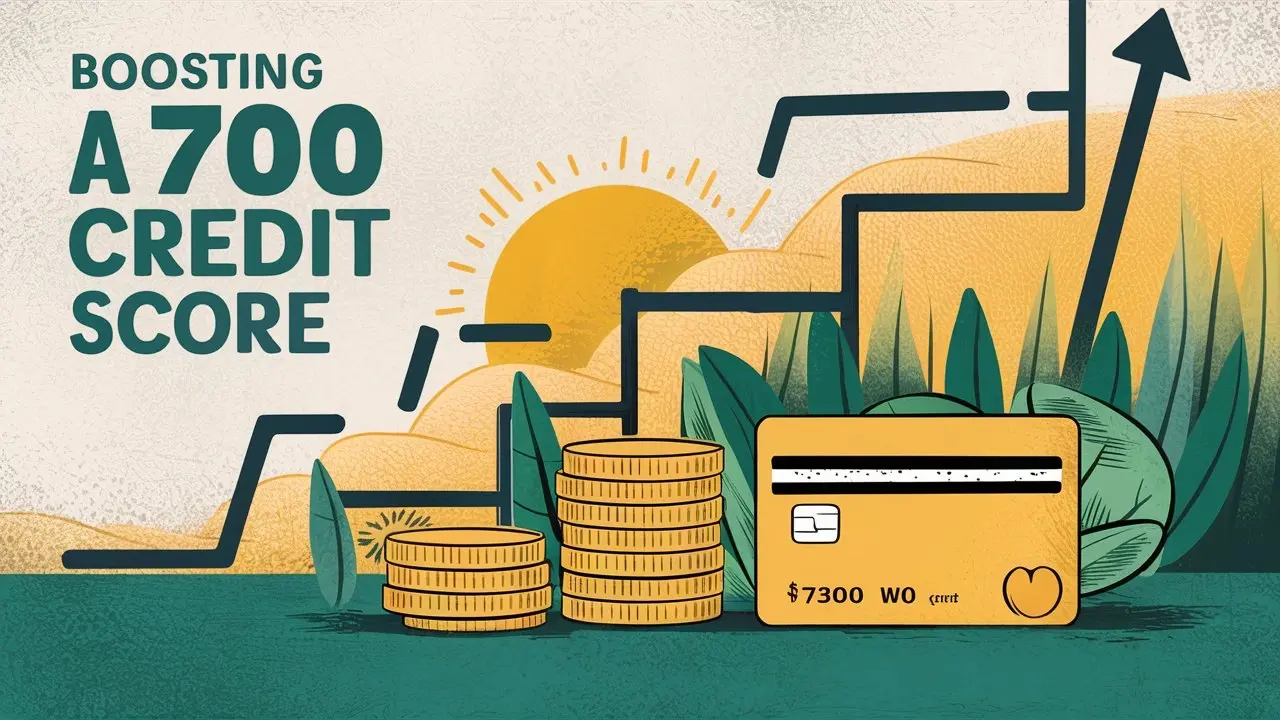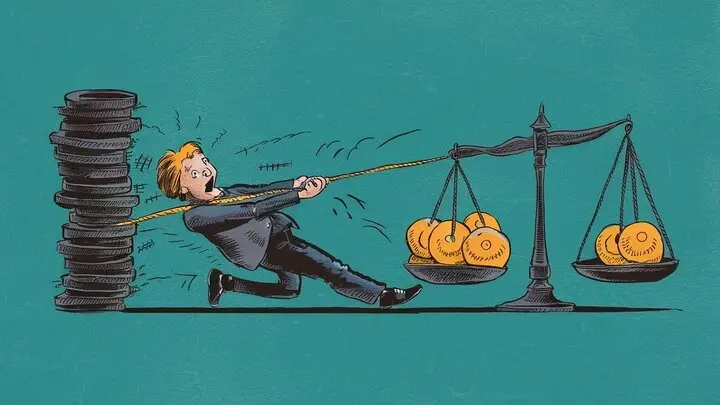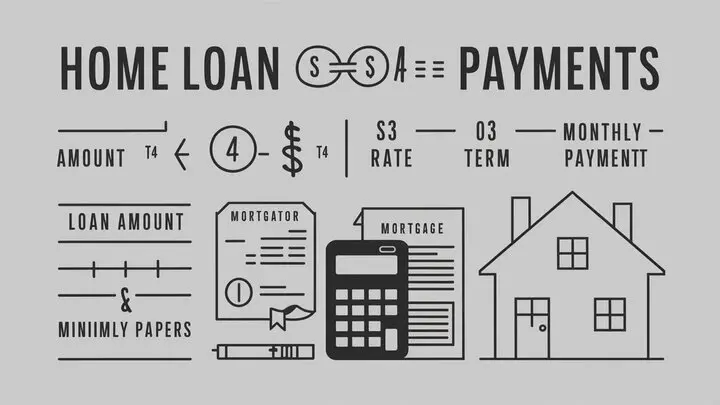
We must grasp in the modern world the part credit bureaus play in our financial lives. Considered the "big three," Equifax, Experian, and TransUnion are the main credit reporting companies used in the United States. The credit scene and our approach to handling our financial matters have been much shaped by these three credit bureaus. Let's go down memory lane to investigate the interesting past of these powerful establishments and how they have evolved into a natural component of our credit system.
What is a credit bureau?
A credit bureau is a business gathering and maintaining system for creditworthiness data about people. Acting as a central database, it keeps credit card balances, loan histories, and payment records among other credit-related details. Public records, credit card companies, and lenders among other sources provide the data. Credit bureaus examine this data to produce credit reports, which lenders and other companies subsequently use to evaluate a person's creditworthiness and guide choices on credit extension. Credit bureaus serve primarily to assist lenders in deciding the degree of risk associated with lending money to a person or issuing credit. These bureaus are very important in the financial sector as they encourage sensible borrowing methods and provide people with a comprehensive picture of their credit records.
How do the credit bureaus work?
- Credit Scoring and Reporting:
Credit bureaus create credit reports and credit ratings from the data they gather. Credit reports provide a comprehensive overview of your credit history including queries made by lenders, current and former loans, outstanding debt, and payment records. Conversely, credit scores—which based on the data in your credit report represent three-digit numbers reflecting your creditworthiness.
- Data Collection:
Credit bureaus compile information from public records like bankruptcies and tax liens in addition to credit card firms, banks, and other lenders. When they apply for credit, customers directly provide them information as well. This information is then assembled into a credit file for each person, which shapes their credit report.
- Error Disputes and Corrections:
Error Disputes and Corrections: Errors in credit reporting might compromise your creditworthiness. Should you discover any errors in your credit report, you should dispute them with the credit bureau. Credit bureaus legally have to look into and handle your claim within a certain period. Should the material prove to be erroneous, it will be rectified and an amended credit report will be generated.
- Credit Monitoring and Identity Theft Protection:
Credit bureaus provide credit monitoring services to assist customers in tracking changes in their credit records, therefore addressing identity theft protection needs. This lets you see any unusual behavior or possible identity theft, thereby allowing you to react fast. Furthermore adding further security to your credit profile is credit bureaus' ability to provide identity theft protection services such as credit freezes and fraud warnings.
The main three credit bureaus
The financial ecosystem depends much on the three credit bureaus, often referred to as credit reporting organizations. These agencies compile and preserve enormous volumes of data on the credit history and payment habits of people. Equifax, Experian, and TransUnion are the three main credit persons. Every bureau runs separately and records credit-related activity differently from one another. To generate credit reports used by lenders, companies, landlords, and other organizations to evaluate an individual's creditworthiness, they compile information from several sources including lenders, creditors, and public records.
Equifax
Among the first credit bureaus, Equifax was founded in 1899. It offers credit information services to individuals and companies and has operations in numerous countries. Equifax creates credit reports, credit scores, and other risk rating tools using information on personal borrowing and repayment activity. Equifax provides fraud detection and identity theft prevention with sophisticated analytics as well.
Experian
Founded in 1996, Experian is a worldwide information services business running in more than 37 countries. It emphasizes collecting and evaluating enormous volumes of consumer and corporate data to support companies in making choices with knowledge. The credit reporting section of Experian focuses on offering complete credit reports, credit scores, and credit monitoring tools. For companies and people alike, it provides identity verification and fraud protection tools as well.
TransUnion
Established in 1968, TransUnion is another well-known credit bureau running in more than thirty countries globally. Its main concentration is on offering risk management techniques and credit information. TransUnion provides credit reports, credit scores, and credit monitoring services to let lenders make wise choices by gathering and maintaining credit-related data on people and companies. TransUnion also focuses on offering data breach services, identity validation, and fraud detection tools to lower risks for companies and customers alike.
What other services do credit bureaus offer?
Credit bureaus serve more purposes than just stores of your credit data. They provide companies as well as individuals with a broad spectrum of services. Credit bureaus have got you covered whether your goals are credit protection or help with credit-related issues. Credit bureaus also provide these other services:
- Credit Monitoring:
Credit bureaus provide credit monitoring services so you may closely track any changes to your credit record. They notify you if there are fresh questions, account changes, or questionable activities. Detecting and stopping identity theft and fraud depend critically on this service.
- Fraud Prevention and Protection:
Credit bureaus provide means of fraud protection to preserve your financial and personal data. By helping to identify and stop illegal access to your credit file, they assist in preventing bogus accounts and activity. To help you restore your identity and settle problems brought on by fraud, several credit bureaus now provide identity theft recovery programs.
- Credit Score Tracking:
Maintaining good credit depends on Monitoring your credit score Credit bureaus provide credit score monitoring tools enabling frequent credit score checks. Seeing how your credit score evolves can help you decide if your financial behavior has to be changed or whether you are raising your creditworthiness.
- Credit Education and Resources:
Credit bureaus provide tools and information to enable people to better grasp credit and make wise financial choices. Topics like credit development, budgeting, and debt management are covered in their interactive tools, tips, and stories. Certain credit bureaus now provide credit counseling services to help people better their financial situation.
- Business Credit Services:
The credit evaluations of companies depend much on credit bureaus. They provide credit reports and ratings to let companies assess the creditability of possible clients and partners. Credit bureaus also provide tailored services for companies like corporate data analytics, credit risk management tools, and fraud protection solutions.
- Dispute Resolution:
Credit bureaus can help resolve conflicts should you discover erroneous or false information on your credit report. They have set procedures to look at and fix mistakes on your credit file. Closely working with creditors and data furnishers, credit bureaus guarantee that your credit data is accurate and current.
- Pre-Screened Credit Offers:
Credit bureaus help lenders to make pre-screened credit offers to customers. These offers, which fit your credit profile, can call for credit card promos, loan offers, or other financial items. One easy approach to investigating credit possibilities without hurting your credit score is pre-screened offers.
Why you should check all three credit reports?
Anyone who wants to keep excellent financial health and make wise creditworthiness judgments must check all three credit reports. Given the three main credit bureaus—Equifax, Experian, and TransUnion—each credit report presents a different viewpoint on a person's credit record. Examining every one of these reports helps people see differences, mistakes, or fraudulent behavior that may be missed on the other reports. Reviewing all three credit reports regularly guarantees a complete awareness of one's credit profile, thereby enabling one to identify any problems and act to raise their credit rating.
Although credit report contents may coincide, variances among them result from different reporting by creditors. Examining all three reports thus offers a more whole view of someone's credit situation. It lets people see any mistakes or discrepancies—such as false personal data, erroneous payment records, or unregistered accounts—that could be there. These problems should be found and taken care of right away as they might lower credit scores and therefore affect access to loans, credit, or good interest rates.
Conclusion
All things considered, the development of the credit business and the difficulties with consumer information management are best shown by the past of the three credit bureaus. These institutions have evolved with the times and with technology, thereby influencing creditworthiness evaluation. Credit bureaus must keep a careful balance going ahead between giving helpful credit information and safeguarding customer privacy and security.
Call on (888) 803-7889 for a free credit repair consultation now!
Resource
Demystifying Subsidized vs. Unsubsidized Loans: Know the Key Differences
Credit Repair Secrets: Simple Steps for Improving Your Credit Score
Understanding Gross Income vs. Net Income: What You Need to Know
How to Obtain a CPN Number: A Comprehensive Guide




